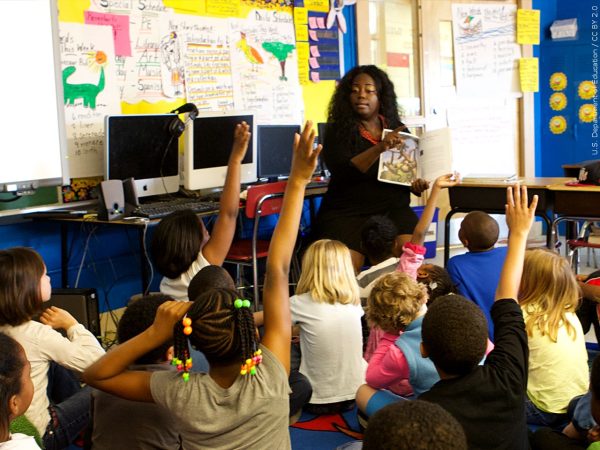
On March 25, the Georgia Senate voted 54-2 to approve a bill banning cell phones and personal electronic devices for students in kindergarten through eighth grade. The bill is now on its way to Governor Brian Kemp’s desk for final approval.If Kemp decides to sign the bill, it will go into effect in July 2026.
If signed into law, Georgia would join at least nine other states that have already restricted or banned cell phone use in schools. This is part of a growing national trend to reduce distractions and improve student focus.
Supporters of the bill believe it will lead to better student performance. They argue that limiting phone use will help students concentrate on their studies and reduce behavioral issues.
Leo Rose, a high school student, sent in their thoughts on the ban to the New York Times. They felt that their creativity and focus had improved noticeably since attending school without their phone.
“While the banning of cell phones may take some time to fully get used to, it’s a necessity for all schools in order for their students to concentrate and participate more quickly,” Rose said.
Some Georgia school districts have already implemented similar restrictions. Marietta City Schools and DeKalb County Schools report fewer distractions and more engagement in the classroom.
However, critics of the bill raise concerns about its potential drawbacks. Some parents and students worry that they will not be able to contact each other in the case of an emergency.
“The ban could potentially help students pay more attention to the class activities,” said Emily Favre, a junior art major. “However, it may be harmful to families if the student needed to contact family or the police if something were to happen.”
School safety experts argue that phones could be a distraction not only in class, but also during an emergency where students should focus on getting to safety.
“If you have 20 kids in a classroom and they’re texting, calling parents, live streaming — they’re not paying full attention to the directions of adults,” said Ken Trump, president of National School Safety and Security Services, in an interview with NBC News. “They are not being fully situationally aware of things they may need to quickly do to save their lives.”
On the other hand, some parents argue that smartphones are essential for safety and after-school coordination.
Students have expressed that they may feel unsafe at school without a personal device to contact guardians in case of emergencies.
“If I was a grade school student, I would be uncomfortable with this ban, especially due to the number of school shootings,” Favre said. “If I needed to contact my family and this ban were in place, that wouldn’t be possible.”
The bill reflects a growing trend in states like Florida, Indiana and California, where similar laws have been enacted. These states have reported mixed results. While some schools see improved student engagement, others struggle with enforcing the rules.
Some question how effective enforcement will be. Some schools use pouches to lock up phones or require students to store them in lockers, but the challenge of enforcing such rules consistently remains.
“I feel like students would find ways to sneak their phones into school,” said Kaleigh Daughtery, a sophomore marketing major. “It might create more distraction because the kids will be focused on hiding their devices.”
As Georgia moves closer to implementing the ban, educators, parents and students will have to find the balance between minimizing distractions and maintaining communication.

